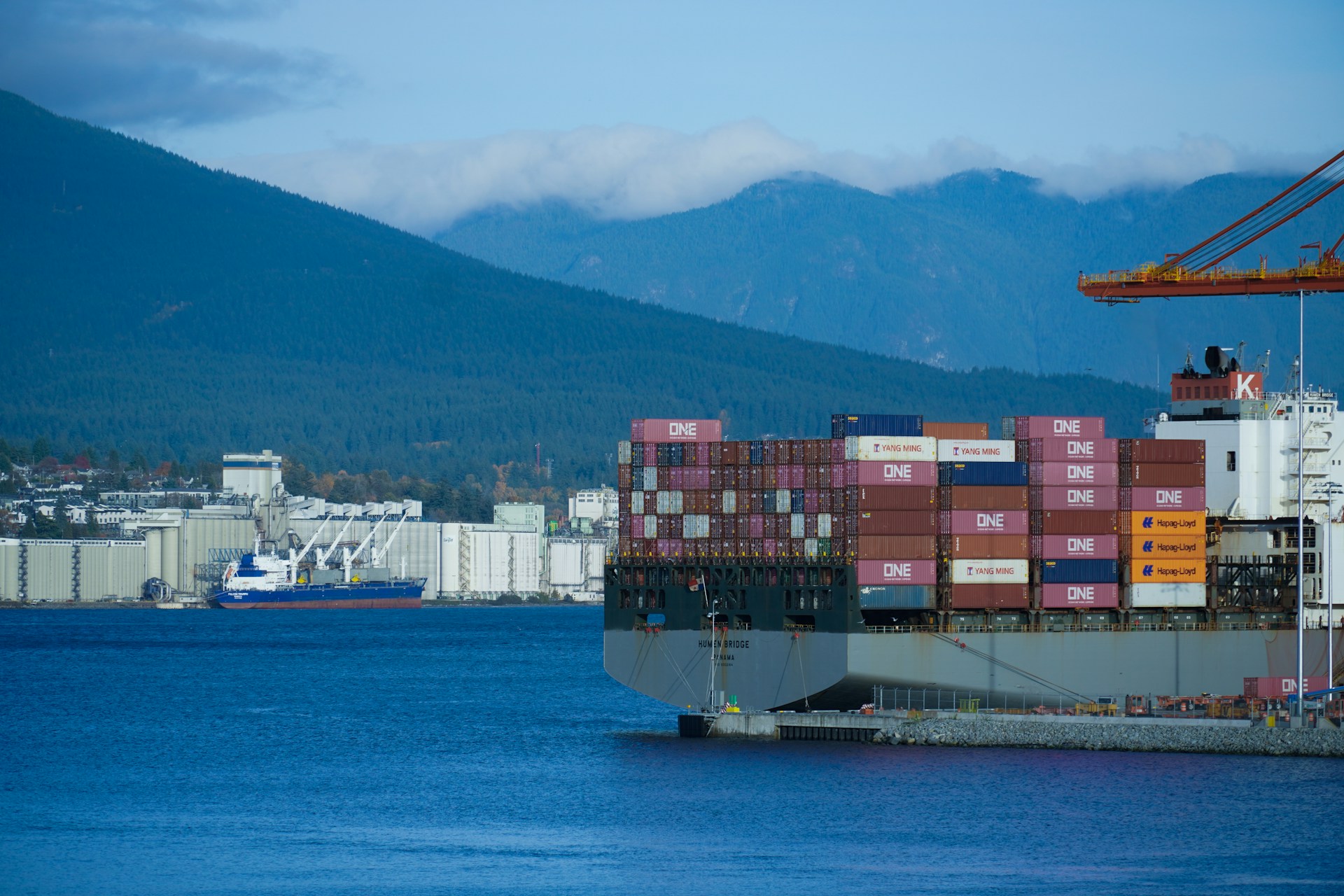Value Enhancements from Supply Chains
The international shipping industry plays a vital role in facilitating global trade. In today’s interconnected global economy, the shipping industry ensures the movement of goods across large distances linking nations, connecting manufacturers to end users, fostering trade expansion, and driving economic growth.
The shipping industry accounts for the carriage of around 90% of world trade. Maritime shipping is mainly divided into liquid cargo and dry cargo. Liquid cargo consists of transportation of oil and petroleum products, shipped by tankers. Dry cargo consists of bulk goods which are transported by bulk carriers, cargo ships, and container ships.
An efficient shipping network is beneficial for international commerce and economic development. Streamlining global supply networks by enhancing vessel movement increases economic activity and cross-border cooperation. Increased economic liberalization and the growing efficiency of shipping have boosted the growth prospects of the industry.
Over the last century, the shipping industry has seen promising growth in contributing to global trade in volume and value terms. The liberalization of economies and increased industrialization have driven free trade and ensured growth in consumer demand.
Global trade in commodities is imbalanced due to the abundance and scarcity of materials across various countries. This results in countries being large net importers or large net exporters. Developing economies aspiring to grow by way of industrialization are large importers of raw materials essential for infrastructure development. Whereas, regions abundant in mineral resources are large exporters to nations which have a scarcity and are demand centers. The global shipping industry connects economies and individuals, and creates a value structure thereby supporting humanity.
The long-term prospects of the industry are favorable with growing population, emerging economies, and increasing consumerism driving demand for commodities to be transported safely and efficiently. Further, shipping remains the most fuel efficient and emissions friendly mode of commercial transportation ensuring a greater volume of global trade.
Despite playing a vital role in economic development and delivering value to consumers globally, the shipping industry faces various risks and challenges which adversely impact global trade. Piracy, geopolitical tensions, natural disasters, and regulatory changes impact trade by affecting shipping routes and resulting in delays or disrupting the supply chain.
In recent years, the effects of climate change have raised concerns and regulators globally have cracked down on industries to curb emissions from commercial activities. The shipping industry is no exception to this, with companies now incorporating measures to reduce carbon footprint and environmental impact.
Enhancing the Safety of Shipping Routes and Protecting Against Disasters
Despite its pivotal role in facilitating global trade, the industry is not immune to disasters, resulting in economic losses. Losses are caused by natural disasters or accidents caused by extreme weather conditions, collisions, geopolitical conflicts, piracy, spillage, and wreckage of ships. Ensuring safety of shipping is essential for the safety of professionals, reducing environmental impact, minimizing economic losses, and for the uninterrupted flow of global trade.
Recent advancements in technology have led to the evolution of the shipping industry with the adoption of safety measures to prevent incidents. Stakeholders in the industry have largely focused on developing new safety standards for the industry, including updated guidelines for design, construction, and operation.
Sailing through adverse weather conditions can lead to losses of containers, compromising delivery schedules and increasing fuel consumption. Deploying accurate advanced weather warning into navigational and voyage systems are crucial to avoiding these losses.
Automating navigation and route planning functions with weather avoidance technologies ensure reduced risks by allowing navigators to focus on vital operational requirements. Deployment of advanced navigational equipment, tracking vessel movement, and monitoring weather conditions via satellite add a greater layer of safety.
Additionally, improving awareness and enhancing safety measures are essential in reducing incidents. Initiatives such as the Global Safety Management program are aimed at ensuring implementation of effective safety management solutions for shipping companies.
Reducing Pain Points Between Asia and the Gulf
Recent geopolitical tensions have weighed in on shipping routes, with global trade being adversely impacted. These events increase the direct costs of shipping and delay deliveries, decrease safety, impact ESG, and increase insurance costs.
This topic will be discussed at the upcoming Horasis Asia Meeting, being held in UAE, between 18-19 November 2024. This year’s meeting focuses on Dubai as a new economic hub, connecting Asia to the Middle East, Europe and African regions.
Overcoming challenges in shipping routes between Asia and the world will require global leaders to converge, ensure greater international cooperation, and keep international waters open to facilitate global trade.
Photo Caption: An efficient shipping network is beneficial for international commerce and economic development.



